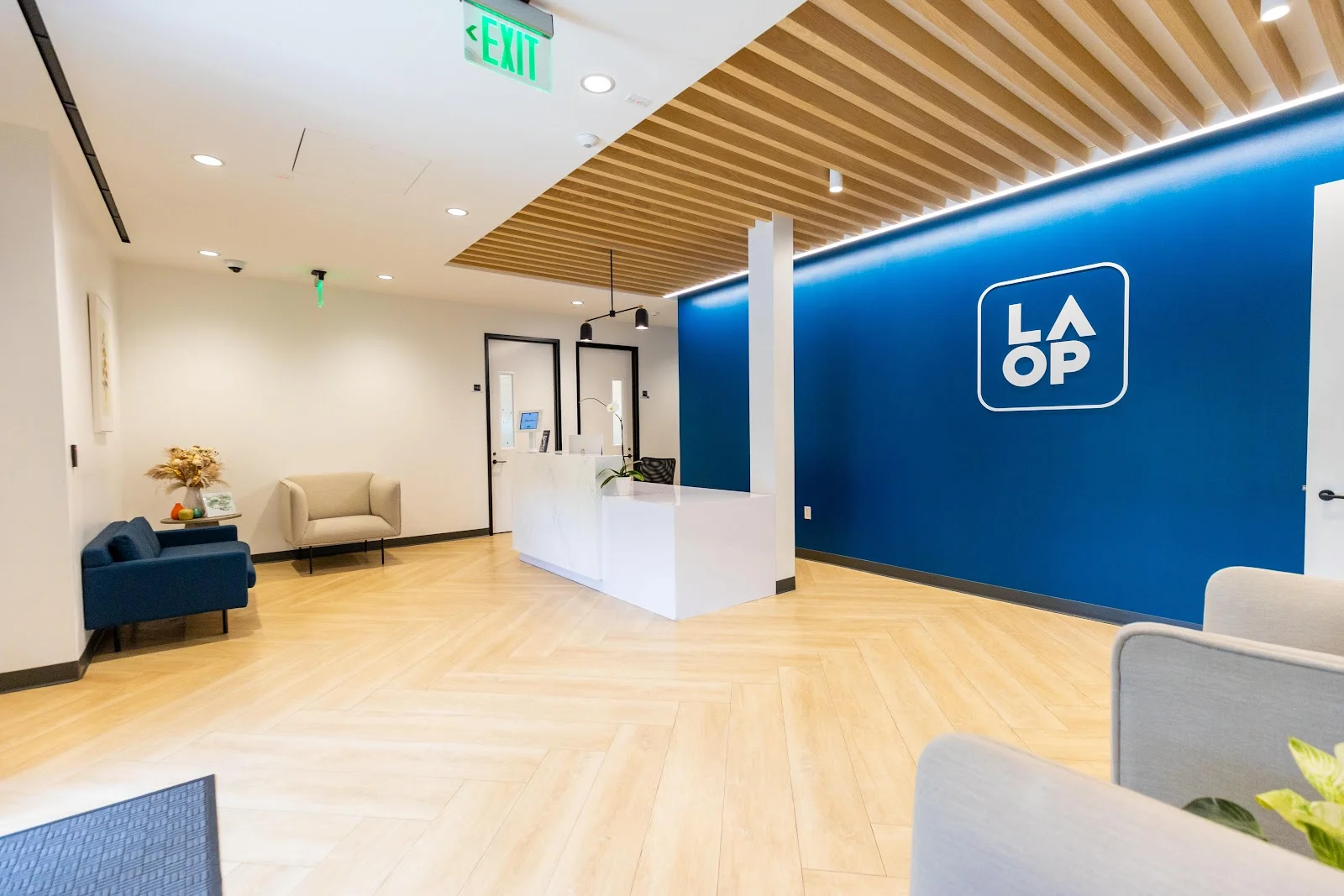Situated in the tranquil surroundings of Malibu, California, Beachside Teen Treatment Center provides all-encompassing treatment plans designed for teenage boys and girls who are struggling with mental health issues, co-occurring disorders, and substance abuse. The facility offers a comprehensive aftercare program to guarantee long-term success in addition to an inpatient/residential program that is intended to assist teenagers through every phase of their recovery process. Recognizing the value of education, Beachside Teen Treatment Center also offers academic support to patients, preventing them from falling behind in their academics while undergoing treatment.
The facility has several opulent features that improve the healing process. The campus offers a tennis court, an organic garden, a well-stocked library, and an oceanfront pool, all of which add to a tranquil and supportive atmosphere. Queen-sized beds are a source of comfort in each patient's room. Exciting extracurriculars that support both physical and emotional well-being are available at the treatment facility, including horseback riding in the Santa Monica Mountains, surfing in the Pacific Ocean, and hiking on nearby trails.
In order to meet the multifaceted needs of teenagers, Beachside Teen Treatment Center uses a variety of evidence-based therapy. Dialectical behavioral therapy (DBT), psychodynamic therapy, and cognitive behavioral therapy (CBT) are some of these therapies. Specialized groups address trauma/PTSD, anger management, mood regulation, emotional intelligence, and coping skills. Through Boundaries Therapy, Healthy connections, and Interpersonal Therapy, the institute also highlights the value of interpersonal connections. Family therapy sessions promote communication and healing within the family by encouraging family involvement. Offering Expressive Therapy, Art Therapy, Yoga Therapy, Meditation Therapy, and Creative Writing, the institution also incorporates holistic and creative therapies into its programs. Teens can express themselves, gain confidence, and interact with others in additional ways through programs in horticulture, fitness, music therapy, and surf therapy.
Beachside Teen Treatment Center has demonstrated its dedication to offering teenagers in need of support with high-quality, ethical, and effective care by receiving accreditations from LegitScript, CARF, and Psychology Today.
Beachside Teen Treatment Center Information
Treatment
Who We Treat
- Teens / Adolescents
- Adolescents
- Male and Female
- LGBTQ+
Treatment Focus
- Adolescents
- Anxiety
- Co-Occurring Disorders
- Depression
Approaches
- 12-Step-Based
- Individual Treatment
- Twelve Step
- Family Therapy
- Non 12 Step
- Cognitive Behavioral Therapy (CBT)
- 1-on-1 Counseling
- Adventure Therapy
- Art Therapy
- Equine Therapy
- Meditation & Mindfulness
Conditions We Treat
- Depression
- Anxiety
- Bipolar Disorder
- Post Traumatic Stress Disorder (PTSD)
- Personality Disorder
- Self-Harm
- ADHD/ADD
- Personality Disorders
- Anger
- Bipolar
- Stress
- Co-Occurring Disorders
Substances We Treat
- Alcohol
- Prescription Drugs
- Opioids
- Cocaine
- MDMA/Ecstasy
- Ecstasy
- Marijuana/Cannabis
- Psychedelics
Languages
- English
Aftercare
- Follow-up Sessions (online)
- Outpatient Treatment
- Return Visits
Experience
On-Site Amenities
- Access to Nature
- Fitness Center
- Gardens
- Gourmet Dining
- Internet
- Ocean View
- Chef-prepared Meals
- Outdoor Lounge
- Recreation Room
Personal Amenities
- Air-Conditioned Rooms
- Outdoor Space
- Shared Bathroom
- Shared Rooms
On-Site Activities
- Beach Fitness
- Beach Walks
- Alternative Meetings
- Games
- Swimming
- Water Activities
Off-Site Activities
- Hiking
- Movies
- Water Activities
Special Considerations
- Family Program
- Healthy Meals are provided
Accreditations
-
Commission on Accreditation of Rehabilitation Facilities (CARF)
CARF accreditation is a prestigious recognition granted to rehabilitation and human service organizations. It signifies that an organization meets high-quality standards, having undergone a rigorous evaluation process. CARF accreditation boosts an organization's credibility and ensures top-notch care for individuals with disabilities, injuries, or healthcare needs.

-
LegitScript
LegitScript certification is awarded to programs and services that successfully complete a stringent application process initiated in 2018. This process ensures eligibility for credible providers offering mental health and co-occurring substance abuse treatment within Google's network while complying with HIPAA privacy laws.

Additional Locations
Beachside Teen Treatment Center Accepts The Following Insurance Plans
Find the best treatment options. Call our free and confidential helpline today!



























